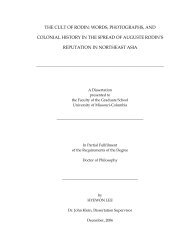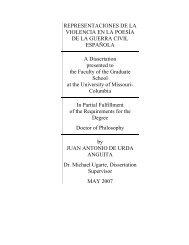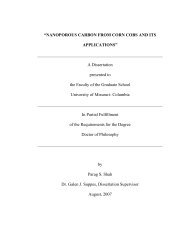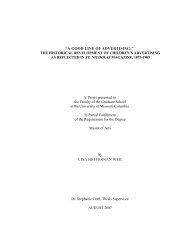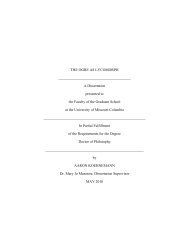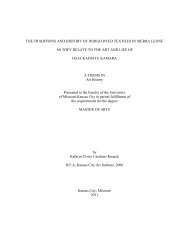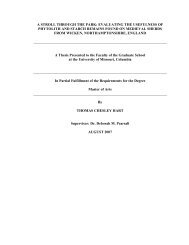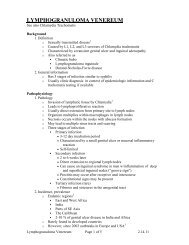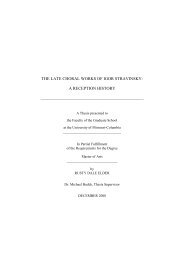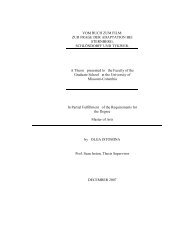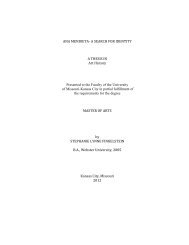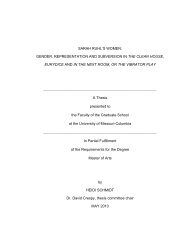Social Construction of Reality - Bad Request
Social Construction of Reality - Bad Request
Social Construction of Reality - Bad Request
You also want an ePaper? Increase the reach of your titles
YUMPU automatically turns print PDFs into web optimized ePapers that Google loves.
however, it is important to remember that this study was commissioned based on the need<br />
to go beyond this particular application.<br />
Beyond the auditing function, Patton (1997) details a variety <strong>of</strong> contrasting<br />
applications: “internal versus external; outcomes versus process; experimental designs<br />
versus cases studies; mandated accountability systems versus voluntary management<br />
efforts; academic studies versus information action research by program staff” (p. 64).<br />
Stufflebeam and Shinkfield (2007) argue evaluation is “society’s most fundamental<br />
discipline…oriented to assessing and improving all aspects <strong>of</strong> society” (p.4).<br />
Increasingly, evaluation is used to facilitate learning-- “especially transformative learning<br />
in organizational contexts” (Preskill & Torres, 2000, p.25).<br />
Utilization-Focused Evaluation (UFE) When contrasting the UFE approach to<br />
program evaluation in general, the key distinction rests in the premise “utilization-<br />
focused program evaluation is…done for and with specific, intended primary users for<br />
specific, intended uses” (Patton, 1997, p. 23). When thinking about this, it is helpful to<br />
realize that prior to the 1970s, evaluation was largely approached via experimental<br />
design, an approach that, to this day, is applied. However, evaluations done outside the<br />
organizational context are <strong>of</strong>ten perceived by intended users as something being done to,<br />
or on, them. As a result, evaluation findings are <strong>of</strong>ten relegated to a forgotten shelf,<br />
where they have little chance <strong>of</strong> impacting organizational development and/or knowledge<br />
creation (Patton, Preskill & Torres, 1999; Stufflebeam & Shinkfield, 2007). The<br />
Utilization-Focused Evaluation (UFE) approach is “explicitly geared to ensure that<br />
program evaluation makes an impact” (Stufflebeam & Shinkfield, 2007, p. 230).<br />
Moreover, <strong>of</strong> the 26 recognized approaches to evaluation, Stufflebeam and Shinkfield<br />
24



